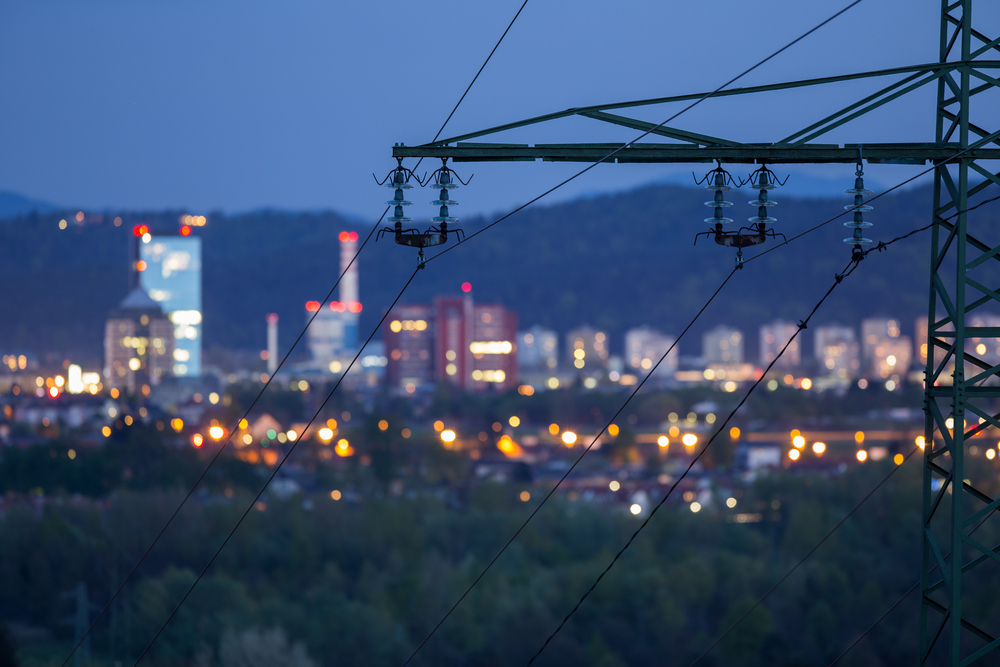
U.S. Sens. Angus King (I-ME) and Jim Risch (R-ID) commended the enactment of a bill they introduced that would develop defenses for the U.S. energy grid.
The Securing Energy Infrastructure Act, which passed as part of the FY2020 National Defense Authorization Act, would seek to develop defenses through partnerships between the National Laboratories and industry. Through the partnerships, it will utilize engineering concepts to remove vulnerabilities that could allow hackers to access the grid.
“The energy grid is central to nearly all facets of 21st century life, but remains vulnerable to hackers,” King, co-chair of the Cyberspace Solarium Commission, said. “If this critical infrastructure is compromised, our financial transactions, communications networks, healthcare services, and much more will be at risk. This bipartisan, commonsense legislation will help defend our energy grid from attacks launched from thousands of miles away – I’m heartened to see this much-needed provision signed into law, and deeply grateful for the partnership of Senator Risch in this effort.”
The bill would establish a two-year pilot program within the National Laboratories to study covered entities and identify new classes of security vulnerabilities. The program would also research and test technology that could be used to isolate the most critical systems of covered entities from cyber-attacks.
Further, it would establish a working group to evaluate the technology solutions and develop a national cyber-informed strategy to isolate the energy grid from attacks. The working group would include representatives from federal government agencies, the energy industry, a state or regional energy agency, the National Laboratories, and other groups with relevant experience.
“The vulnerabilities afflicting our critical infrastructure are deeply troubling and there is strong bipartisan agreement that this issue requires our immediate attention,” Risch said. “The Securing Energy Infrastructure Act has been many years in the making, and am confident our national laboratories, particularly the INL in my home state of Idaho, will lead this important research aimed at strengthening our grid security and preventing catastrophic cyberattacks.”
The bill was cosponsored by Sens. Susan Collins (R-ME), Martin Heinrich (D-NM), and Mike Crapo (R-ID). A companion bill was introduced in the House by Reps. Dutch Ruppersberger (D-MD) and John Carter (R-TX).




